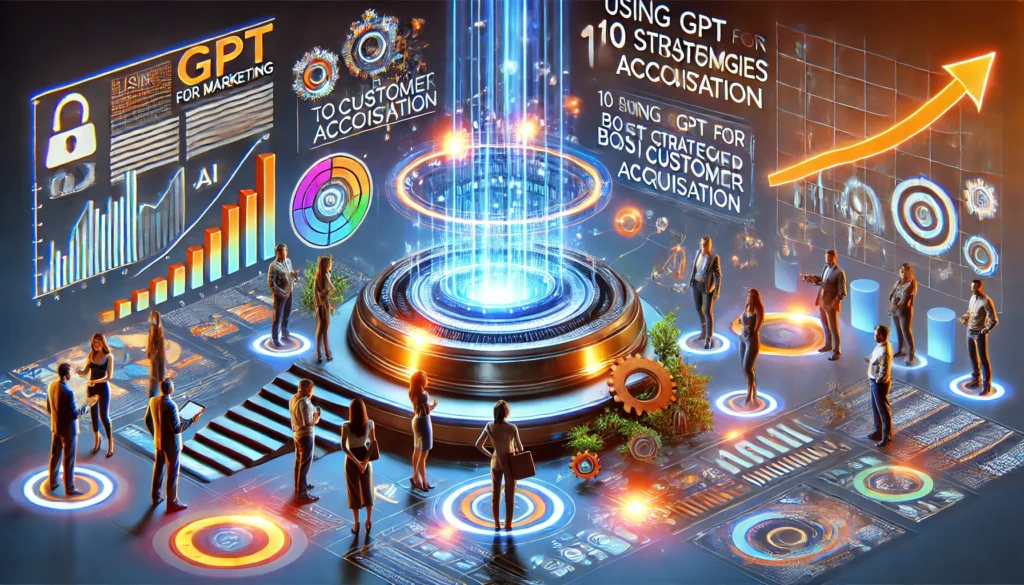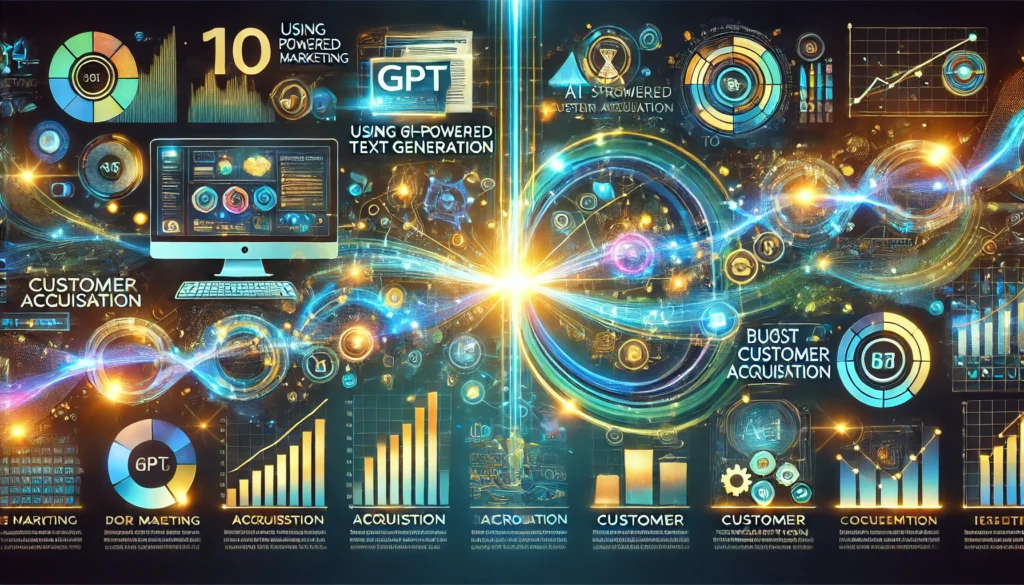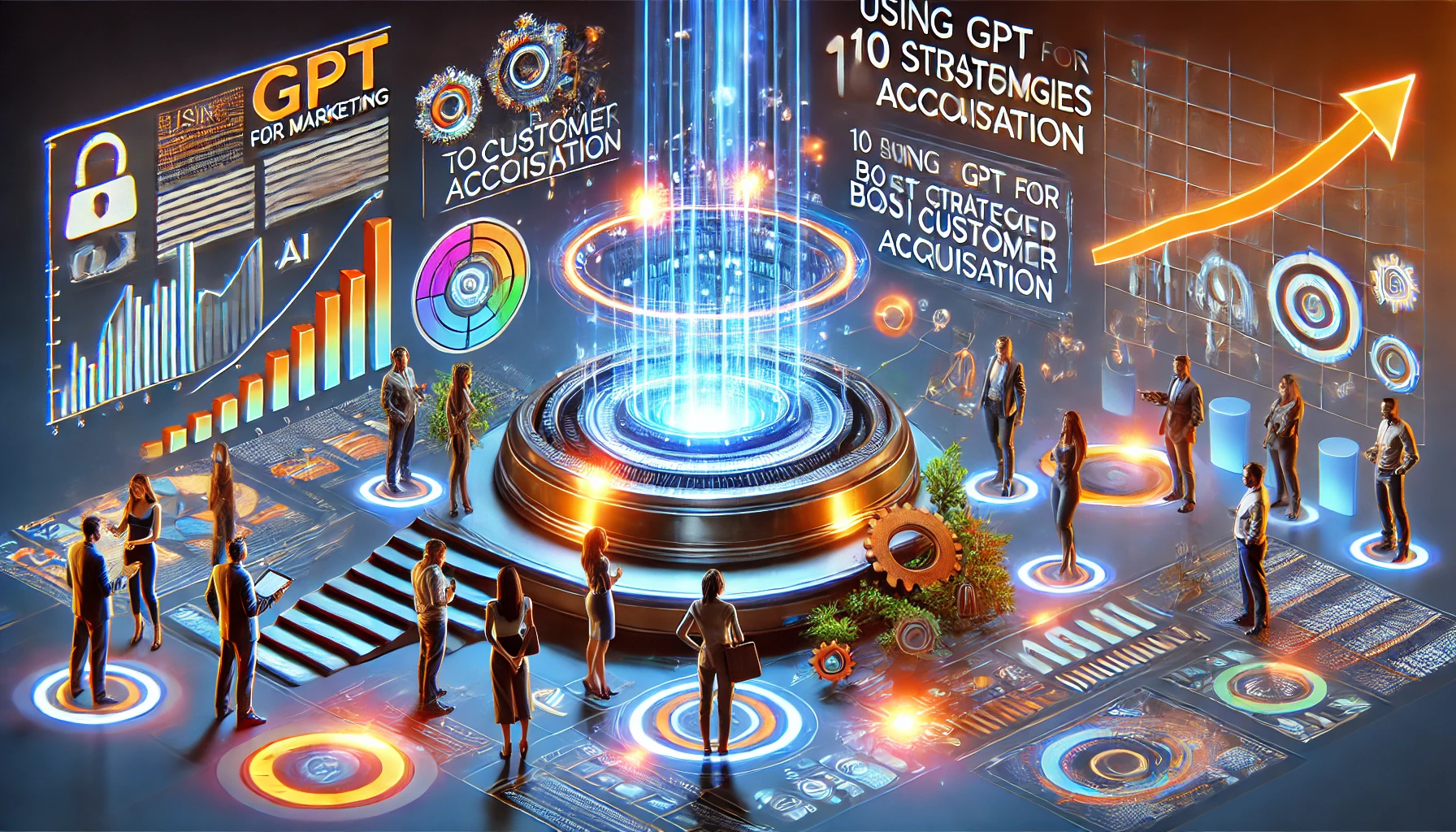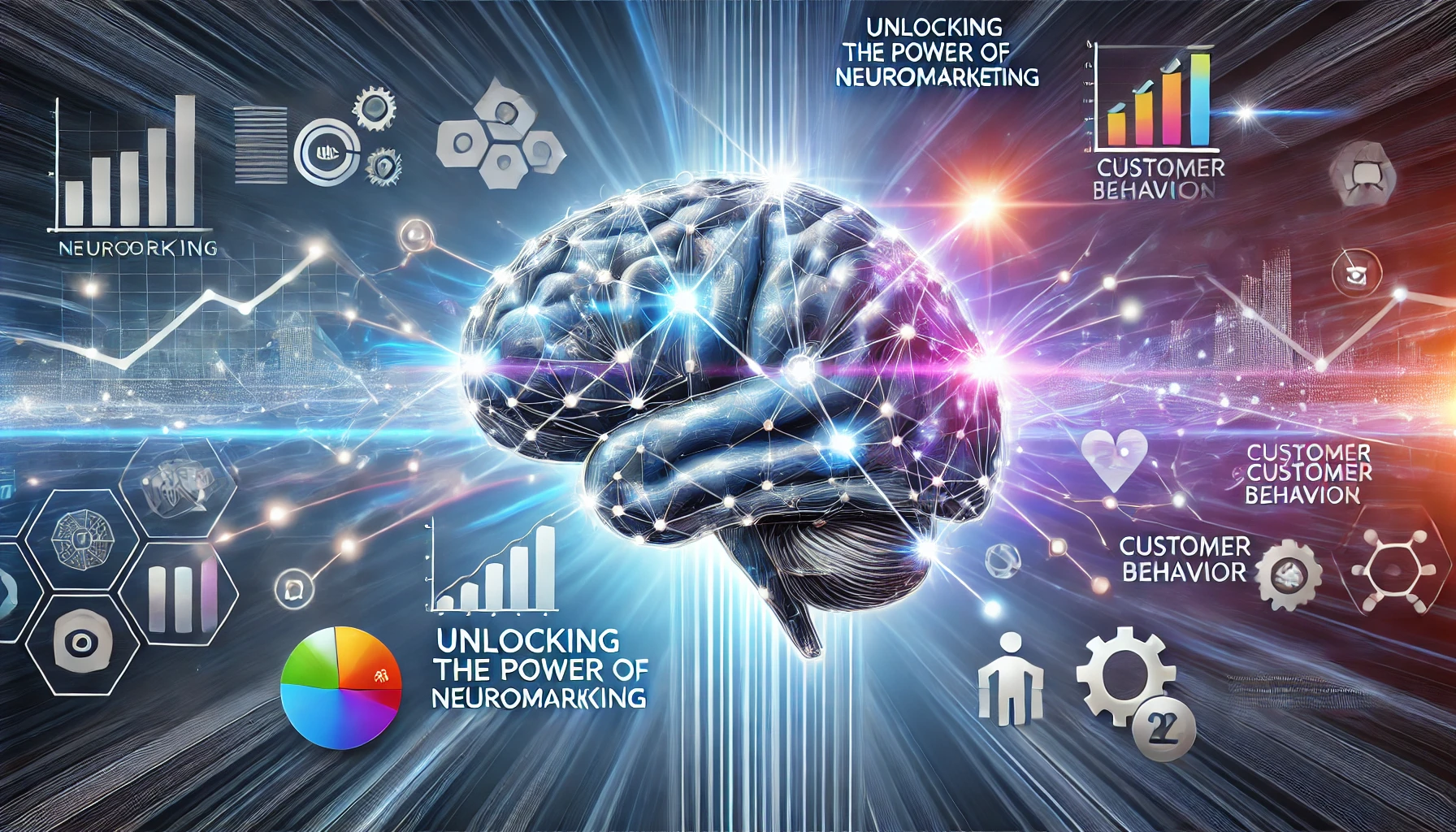Using GPT for Marketing and Customer Acquisition
Artificial intelligence (AI) is revolutionizing industries, and marketing is no exception. Among the many advancements in AI, GPT (Generative Pre-trained Transformer) stands out as a powerful tool for crafting compelling marketing strategies and acquiring customers effectively. This article delves into the potential of GPT in marketing, highlighting its applications, benefits, and best practices.

Introduction to GPT Technology
What is GPT?
GPT, or Generative Pre-trained Transformer, is a type of AI model developed by OpenAI. It uses vast datasets and advanced neural networks to generate human-like text. Its ability to understand and produce coherent, contextually relevant content makes it a game-changer for marketers.
How GPT Works
GPT relies on a technique called deep learning, which enables it to process and generate text based on patterns it identifies in training data. This allows it to mimic human writing styles and respond to prompts creatively and informatively.
Evolution of GPT Models
From GPT-2 to GPT-4, these models have evolved to become more sophisticated, with better language understanding, improved coherence, and greater versatility.
The Role of AI in Modern Marketing
Understanding AI’s Impact on Marketing Strategies
AI enhances efficiency, accuracy, and creativity in marketing. It allows businesses to analyze vast amounts of data, predict customer behaviors, and craft highly targeted campaigns.
Benefits of AI in Marketing
- Improved Personalization: AI tailors messages to individual preferences.
- Cost Savings: Automation reduces manual workload.
- Data-Driven Insights: Marketers can make informed decisions using AI-driven analytics.
Why GPT is a Game-Changer for Marketing
Personalization at Scale
GPT enables marketers to craft personalized messages for thousands of customers simultaneously, enhancing engagement and conversion rates.
Real-Time Customer Interactions
With GPT-powered tools, businesses can engage customers instantly, answering questions or recommending products.

Leveraging GPT for Content Marketing
Generating Blog Posts
GPT can create well-researched, engaging blog posts on any topic, saving marketers hours of work.
Creating Engaging Social Media Content
From witty captions to long-form posts, GPT can produce social media content tailored to specific platforms and audiences.
GPT in Email Marketing
Writing Personalized Emails
GPT helps craft emails that resonate with recipients, boosting open and click-through rates.
Optimizing Subject Lines
By analyzing data, GPT suggests subject lines that grab attention and encourage engagement.
Chatbots Powered by GPT
Enhancing Customer Support
GPT-powered chatbots provide quick, accurate responses, improving customer satisfaction.
Automating Lead Qualification
Chatbots can identify qualified leads by engaging visitors and collecting relevant information.
Creating SEO-Friendly Content with GPT
Keyword Integration
GPT generates content that naturally incorporates keywords, improving search engine rankings.
On-Page Optimization Tips
By analyzing current trends, GPT suggests strategies to optimize meta tags, headers, and content structure.
GPT for Ad Copywriting
Crafting High-Converting Headlines
GPT generates catchy headlines that resonate with target audiences.
A/B Testing Ad Copy
Marketers can use GPT to create multiple ad variations for testing, identifying the most effective version.
Analyzing Customer Data Using GPT
Understanding Customer Behavior
GPT processes customer data to uncover buying patterns and preferences.
Predicting Trends
By analyzing historical data, GPT helps forecast emerging trends, giving businesses a competitive edge.
Using GPT for Market Research
Identifying Customer Pain Points
GPT analyzes feedback and reviews to identify common challenges faced by customers.
Competitor Analysis
GPT can provide insights into competitors’ strategies, helping businesses refine their own.
Personalization with GPT in Marketing Campaigns
Dynamic Content Generation
GPT tailors content to individual customer profiles, boosting engagement.
Tailoring Messages for Different Segments
Marketers can use GPT to craft unique messages for different audience segments.
Ethical Considerations for Using GPT in Marketing
Transparency with Customers
Marketers must disclose when AI-generated content is used to maintain trust.
Avoiding Misleading Practices
GPT should be used responsibly to ensure content accuracy and authenticity.
Real-Life Examples of GPT in Marketing
Case Studies of Success Stories
Companies leveraging GPT have seen increased engagement, better customer support, and improved ROI.
Lessons Learned
While GPT offers immense potential, businesses must use it strategically and monitor quality.
Future Trends in AI-Driven Marketing
The Role of GPT-4 and Beyond
Advanced models like GPT-4 offer even greater capabilities, from nuanced content creation to predictive analytics.
Integrating GPT with Other Technologies
Combining GPT with AR/VR and voice recognition will unlock new possibilities for immersive marketing.
Challenges of Using GPT in Marketing
Limitations of GPT
While powerful, GPT is not perfect and may require human oversight to avoid errors.
Ensuring Quality Control
Marketers must review GPT-generated content to ensure it aligns with brand values and goals.
FAQs on GPT in Marketing
How does GPT improve customer acquisition?
GPT personalizes customer interactions, creating a seamless and engaging experience.Can GPT replace human marketers?
No, GPT enhances marketing efforts but requires human creativity and oversight.What are the costs of using GPT?
Costs vary based on usage and integration but are often outweighed by increased efficiency.Is GPT safe to use in marketing?
Yes, with ethical practices and transparency, GPT is a safe and effective tool.What industries benefit most from GPT?
E-commerce, technology, education, and entertainment industries are among the top beneficiaries.How do I start using GPT for marketing?
Begin by identifying specific needs, such as content creation or customer support, and explore GPT-powered tools.
Conclusion: The Impact of GPT on Marketing and Customer Acquisition
GPT has transformed the marketing landscape, offering unparalleled opportunities for personalization, efficiency, and innovation. By integrating GPT into their strategies, businesses can engage customers more effectively and stay ahead in an increasingly competitive market.



